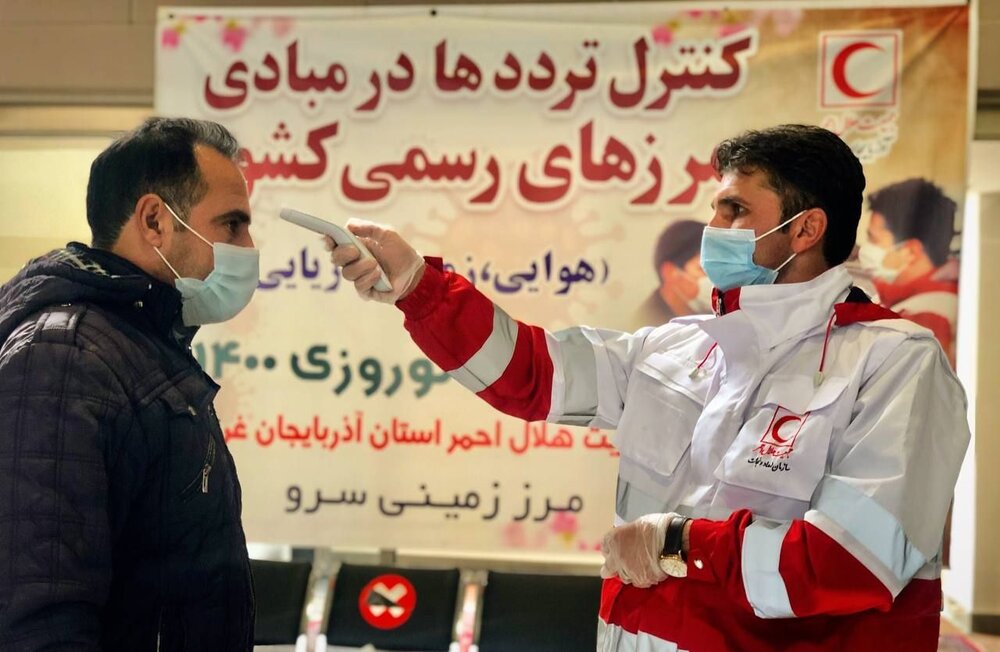Iran lifts travel restrictions for some countries

TEHRAN – Interior Minister Ahmad Vahidi has said travel restrictions for the neighboring countries and some African nations have been lifted.
A series of restrictions have been in place for two weeks, the minister said, adding that traveling to the neighboring countries is now allowed so that people from those countries can enter Iran holding a negative PCR test certificate provided that they have injected two doses of a vaccine.
For certain African countries, as well, the travel restrictions have been lifted, ILNA quoted Vahidi as saying. But for some European countries, including France and England, the restrictions are still in place, he noted.
The secretary of the National Scientific Committee of Coronavirus has warned that the Omicron-fueled surge in COVID-19 cases is likely to peak in the country in the coming weeks.
“Considering the outbreak of Omicron in the world, especially in our neighboring countries, including Bahrain and Kuwait, it seems that a peak of the variant could be seen in the coming weeks,” ISNA quoted Hamidreza Jama’ati as saying on Sunday.
Recent reports say around 500 persons have been identified with Omicron across the country, he said, adding that some 27 percent of the total tests conducted over the past week have been related to Omicron.
The rapid outbreak of the Omicron strain requires restrictions and preventive measures, or the country will face another peak in the next three to four weeks, Jama’ati stressed.
The first case of the Omicron COVID-19 variant was identified in Iran on December 19, 2021.
“Given that more than 89 countries around the world have confirmed Omicron cases and the World Health Organization has also announced this issue, we must also consider two points, the first one being the observance of health protocols and the other one imposing restrictions and quarantines.
Another important point is the issue of vaccination. Given that we have no other weapon against the virus, and even the children aged 7-11 must be inoculated,” he also said.
Therefore, quarantines are carried out on schools, universities, concerts, stadiums, restaurants, and clubs with more than 10 people, and other restrictions must be enforced, he suggested.
The National Headquarters for Coronavirus Control on November 27 banned arrivals from the African countries of Botswana, South Africa, Namibia, Zimbabwe, Lesotho, and Eswatini reacting to the new variant.
There are no direct flights from Iran to South Africa and travelers are not allowed to enter Iran, Iranians who want to travel must also be quarantined at the border to have two negative PCR tests.
Foreign tourists must buy coronavirus insurance from authorized companies when entering the country, and if they suffer from the pandemic in Iran, they will be provided with a place and treatment for 14 days.
Inbound passengers must have coronavirus insurance, which differs from the routine insurance coverage purchased by all tourists before the coronavirus era.
From the beginning of the prevalence of coronavirus in Iran (March 2020), the country has so far experienced fifth waves of the pandemic. The fifth wave began at the beginning of July.
MG
Leave a Comment